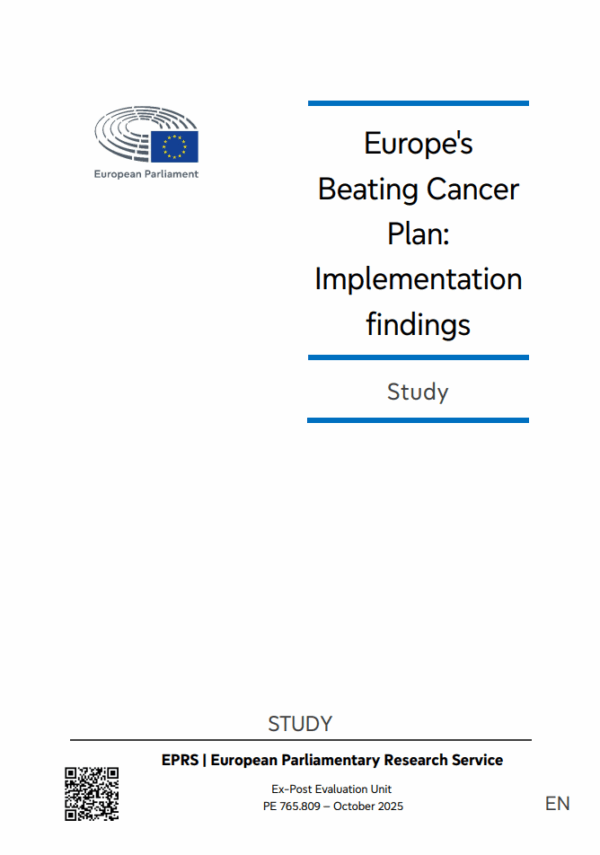Authors: Andrea Renda, Giacomo Luchetta and Felice Simonelli
Series: Externally published work No. of pp: 21
These three CEPS researchers have published an article in Economia dei Servizi, 1/2014, January-April, pp. 63-84
Italy has been at the forefront of the telecommunication and IT industries. However, in the last decades, its competitive advantage has been rapidly fading. When it comes to IT literacy, diffusion of Internet and TLC infrastructures, Italy is often among the worst-performing countries in Europe. In particular, it is way behind with regard to the deployment of the ultra-fast broadband technologies, including the Next Generation Access Network and mobile 4G. This article explores the drivers of the decline, which could be hard to grasp especially for foreign analysts. First, the “dependent variable” is analysed, that is, the supply of broadband and ultra-fast broadband Internet connectivity. The analysis of the decline is then developed through a three-fold interdisciplinary analysis: an analysis of the demand side, focusing on the use of PC and online services by Italian households, companies and public administrations; an analysis of business strategies, assessing the behaviour of the incumbent Telecom Italia and the maverick Fastweb; and, last, an analysis of public policies, evaluating whether and to what extent they have been instrumental in favouring or limiting the diffusion of broadband access.
Andrea Renda is Senior Research Fellow and head of the Regulatory Affairs programme at CEPS. Giacomo Luchetta is economic Analyst at Economisti Associati and former Researcher at CEPS. Felice Simonelli is Researcher at CEPS.
You may purchase the article here.








